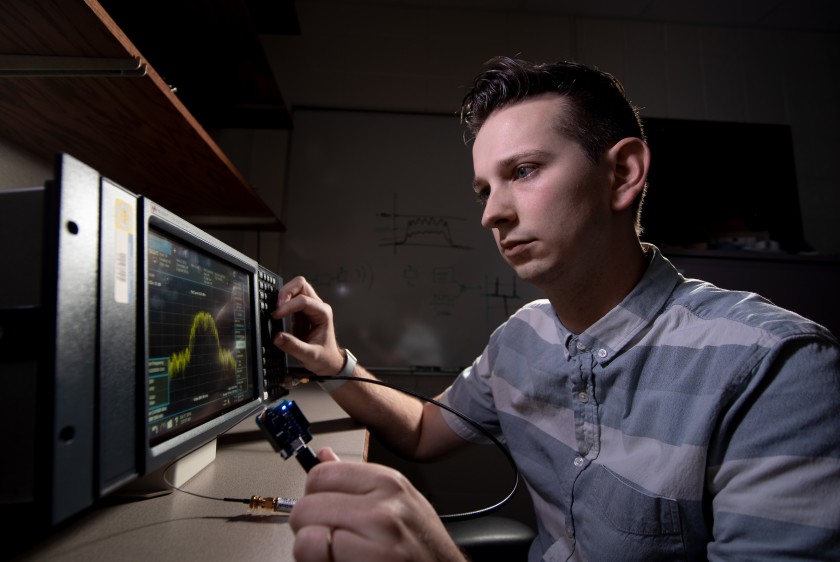Forward-looking: Getting a weak Wi-Fi signal can be a real cause of frustration. Although a range extender could mitigate the problem, the best solution would be to have better range in the first place. That's what a group of researchers were able to achieve with their in-house developed network protocol called On-Off Noise Power Communication (ONPC). Interestingly, their innovation can extend the range of a Wi-Fi access point by over 60 meters (~197 ft) and does not require any new hardware for enhancing the signal range.
Phil Lundrigan, an assistant professor at Brigham Young University, along with Neal Patwari of Washington University and Sneha Kasera of the University of Utah have come up with software that can be programmed on top of the existing Wi-Fi protocol to extend signal range by over 60 meters.
Their test results showed that the On-Off Noise Power Communication protocol paired with an application called "Stayin' Alive" increased the signal range of an "off-the-shelf" device by 67 meters beyond what standard Wi-Fi offers.
"That's the really cool thing about this technology: it's all done in software," said Phil Lundrigan, adding that the capability can theoretically be added to any Wi-Fi-enabled device through a simple software update and that it could also be applied to cellular or Bluetooth connections.
Phil and his co-researchers were able to achieve this by maintaining a signal at 1 bit per second through the ONPC protocol, as opposed to standard Wi-Fi that requires a speed of at least one megabit per second to maintain a signal. A series of 1s and 0s were programmed into the Wi-Fi sensor to establish an on/off pattern for the signal, which the Wi-Fi router was able to distinguish from surrounding noise.

"If the access point (router) hears this code, it says, 'OK, I know the sensor is still alive and trying to reach me, it's just out of range," said Neal Patwari. "It's basically sending 1 bit of information that says it's alive," he added.
Lundrigan believes that many Wi-Fi enabled devices like a garage door sensor, air quality monitor or a sprinkler system can benefit from this development, as 1 bit of information would be sufficient for these devices to toggle their on/off state.
The researchers also clarified that their ONPC protocol is meant to supplement Wi-Fi and should not be considered its replacement, as their Stayin' Alive app only starts data transmission over ONPC after it detects a loss of Wi-Fi connection from the device. "We can send and receive data regardless of what Wi-Fi is doing; all we need is the ability to transmit energy and then receive noise measurements," said Lundrigan.
The research was presented yesterday at MobiCom 2019's 25th Annual International Conference on Mobile Computing and Networking in Los Cabos, Mexico.
